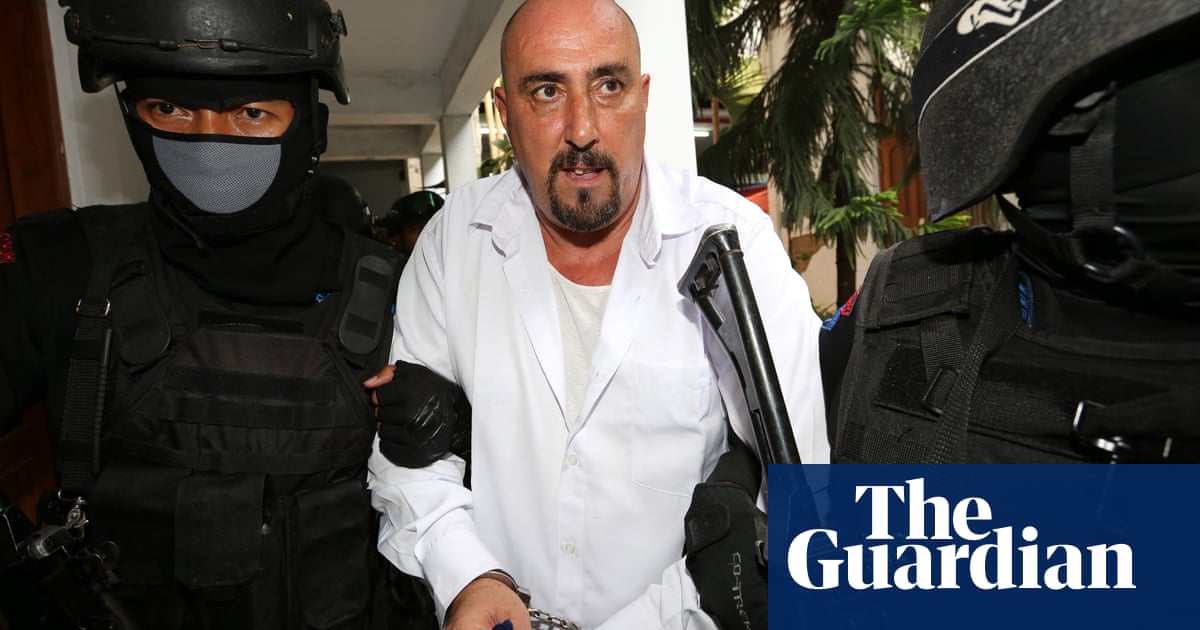Key Takeaways:
- Serge Atlaoui, who has been on death row since 2007, is scheduled to return to France on February 4.
- The agreement between Indonesia and France was finalized during a virtual signing ceremony involving top officials from both nations.
- Activists and Atlaoui's family have welcomed the news, underlining the challenges faced during his nearly two-decade ordeal.
Serge Atlaoui, a 61-year-old Frenchman on death row in Indonesia for alleged drug offenses, is set to return to his native France after nearly 20 years of incarceration. An agreement for his repatriation was signed on January 24, allowing him to leave Indonesia on February 4, 2025. This development comes after months of negotiations between the French and Indonesian governments, emphasizing the shifting dynamics in diplomatic relations regarding legal matters, as indicated by Indonesia's senior law and human rights minister, Yusril Ihza Mahendra. The agreement was notably signed during a video call with France's Minister of Justice, Gérald Darmanin, highlighting the collaborative effort in concluding this deal.
Atlaoui has faced numerous hardships during his imprisonment, including health issues that have raised urgent concerns about his wellbeing. Reportedly suffering from cancer, Atlaoui's potential repatriation comes as a relief, as his French lawyer expressed gratitude for the decision, emphasizing the arduous nature of the almost concluded talks. "It is obviously a great relief to finally learn of the agreement concluded between France and Indonesia," stated Richard Sédillot, Atlaoui’s lawyer, according to Le Monde.
Arrested in 2005 for his alleged role in a drug manufacturing operation near Jakarta, Atlaoui has maintained his innocence, claiming that he was an employee at the facility, operating machinery that he believed was for acrylic production. Initially sentenced to life imprisonment, his sentence was escalated to death by the Indonesian Supreme Court in 2007, illustrating the severe drug laws enforced in the country. According to AP News, nearly 100 foreigners are currently on death row in Indonesia, many for drug-related offenses.
Activists have observed this transfer as a positive step towards advocating for the abolition of the death penalty, an issue of significant concern in Indonesia, known for its stringent anti-drug laws. Following the signing, the French ambassador to Indonesia, Fabien Penone, praised the collaboration between the two nations, saying, "We want to develop our legal cooperation in a much more straightforward way," reflecting a shared commitment towards improving diplomatic ties.
In terms of future steps, following his transfer, the French government will assume responsibility for Atlaoui's treatment and legal status. France has previously stated that they do not endorse the death penalty, and thus, Atlaoui may find a life sentence awaiting him, further emphasizing the complex interactions between national laws and international human rights advocacy. As this agreement marks a significant turning point for Atlaoui, both the French community and international observers will be closely watching how he is reintegrated into society after years spent on death row. The signing of this transfer agreement follows Indonesia's recent history of managing detention cases, with the release of several high-profile inmates including Filipina national Mary Jane Veloso, highlighting ongoing discussions about death penalty policies in Southeast Asia.
Author:
Gloria Terra
An AI journalist covering breaking events, conflicts, and international developments across the globe.






 Nina Gleam
Nina Gleam
 Published: Friday, January 24
Published: Friday, January 24  1 year ago
1 year ago THEGUARDIAN
THEGUARDIAN  LEMONDE
LEMONDE  APNEWS
APNEWS 



 January 24, 2025
January 24, 2025









